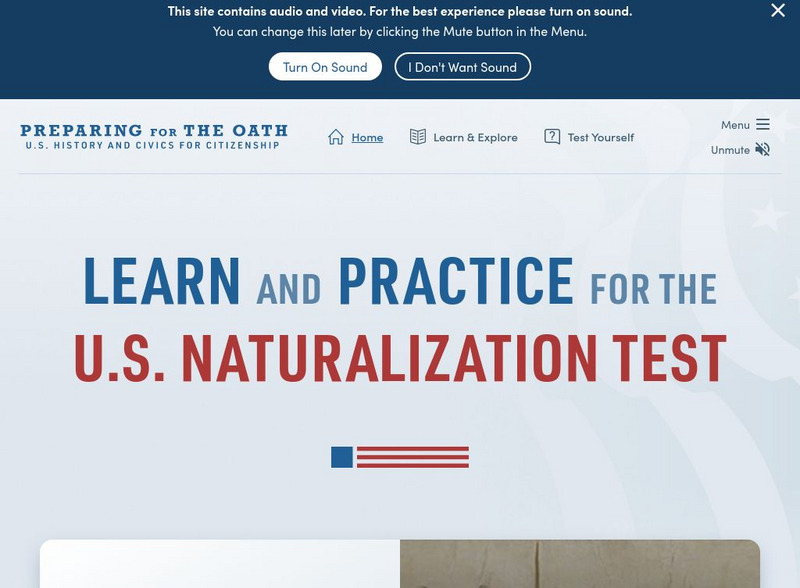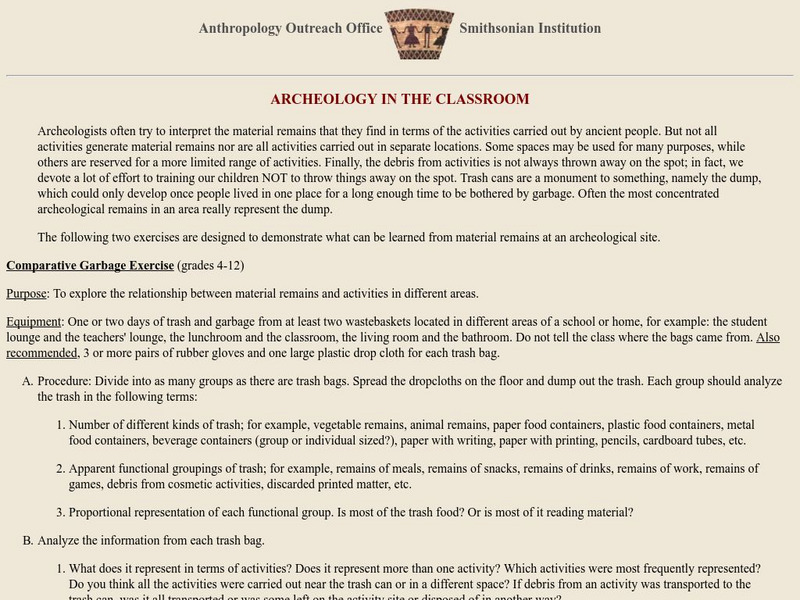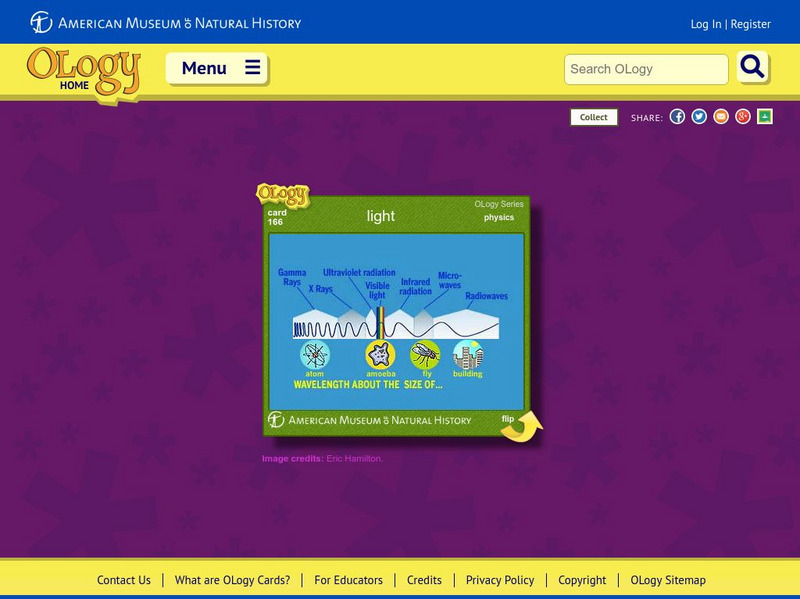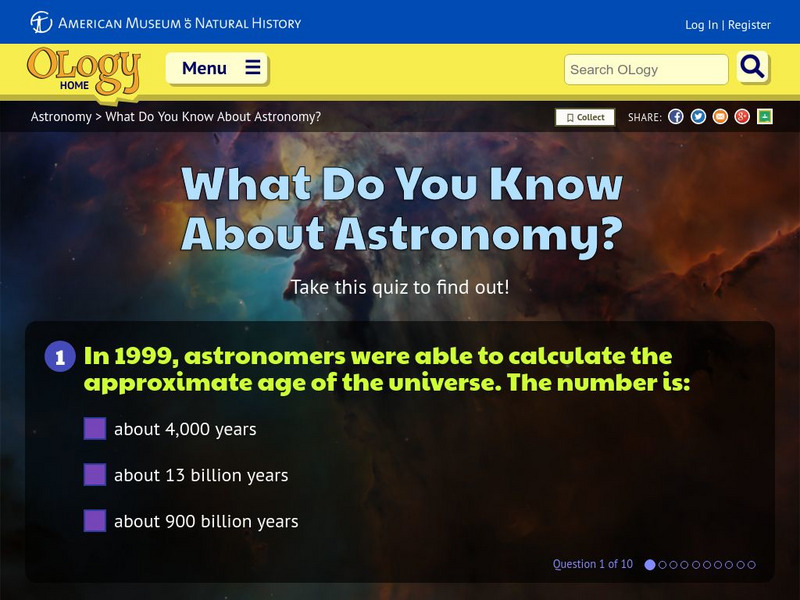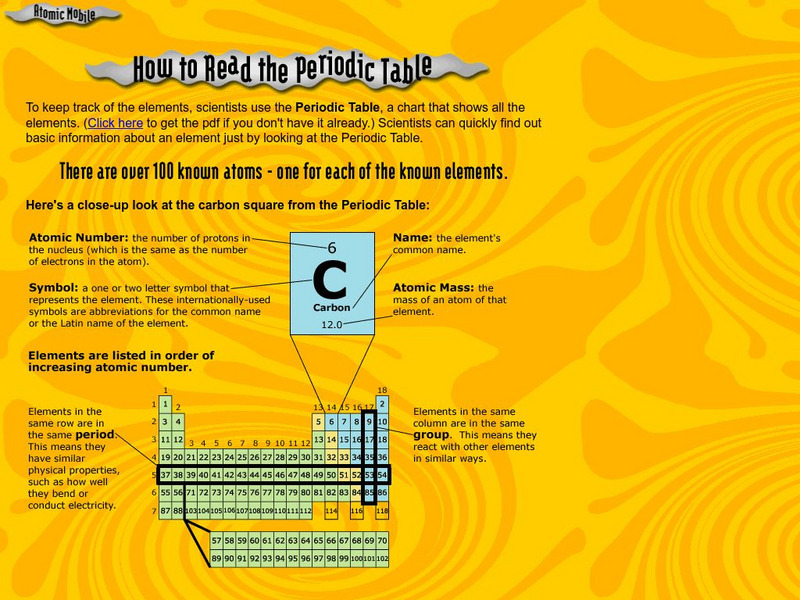Smithsonian Institution
National Museum of Natural History: Department of Mineral Sciences Collections
Search the database of the Smithsonian's National Museum of Natural History for gems & minerals, meteorites with images, or petrology & volcanology.
Smithsonian Institution
National Museum of Natural History: Explore Our Collections:fenykovi Elephant
Learn about the Fenykovi Elephant, the African Bush Elephant on display at the National Museum of Natural History.
Smithsonian Institution
National Museum of American History: Preparing for the Oath: u.s. History and Civics for Citizenship
This site from the National Museum of American History, part of the Smithsonian Institution, is a great site for citizens and those learning to become citizens alike. Review the fifteen themes that deal with U.S. history and civics,...
Metropolitan Museum of Art
Metropolitan Museum of Art: Nature in Chinese Art
The Metropolitan Museum of Art provides this informative page on the importance of Nature in Chinese Art. With information and pictures this in a nice resource for study.
Other
National Museum of Industrial History
Explore these exhibitions, previously located in the Smithsonian Institute, which feature the great Americans who contributed to the industrialization of the United States beginning with the nation's centennial celebration. Plan a trip...
University of California
Ucmp: The Museum of Paleontology
This site contains on-line exhibits including animals, plants, time periods, phylogeny, geology, and evolution. Also, a search is provided at the bottom of the site for more specific information.
Smithsonian Institution
National Museum of Natural History: Unmasking the Maya: Story of Sna Jtz'ibajom
This Smithsonian website looks at the Maya of today in the Chiapas region of Mexico with a brief overview of their history.
Smithsonian Institution
National Museum of Natural History: Archeology in the Classroom
Two different leveled lessons allow students to become archeologists as they interpret material remains left behind by ancient people.
Smithsonian Institution
National Museum of Natural History: African Voices
The African culture is vibrant and filled with amazing accomplishments in the area of art, religion, economics, and education. Read comments from Africans on their rich culture and history while viewing dynamic pictures. Included are...
Other
New Mexico Museum of Natural History and Science: Coelophysis
The Coelophysis is New Mexico's official state fossil. It lived in the late Triassic Period and has only been found in New Mexico. Popular questions about this dinosaur are answered here. In addition, there are numerous documents about...
American Museum of Natural History
American Museum of Natural History: Light O Logy Card
Flip over this interactive OLogy card and start learning bite-size pieces of useful information about light.
American Museum of Natural History
American Museum of Natural History: O Logy: What's the Big Idea? Paleontology
Snapshot reference on paleontology explains how the fossil record drives this area of science.
Carnegie Museum of Natural History
Carnegie Museum of Natural History: Tlingit of the Northwest Coast
Explore the culture, beliefs, and people of the Tlingit Indians of the Northwest Coast.
American Museum of Natural History
American Museum of Natural History: Mexico O Logy Card
Flip over this interactive OLogy card to find fast facts, questions and answers, and similar bite-size pieces of information about Mexico.
American Museum of Natural History
American Museum of Natural History: O Logy: Stuff to Do: Finding Fossils
Guidelines for investigating fossils in the field include specimen-finding strategies, dos and don'ts, examples of the kinds of fossils you may see, and other helpful information, such as how to record your observations and finds in a...
American Museum of Natural History
American Museum of Natural History: O Logy: What Do You Know? Astronomy
Take this ten-question self-scoring quiz to test your knowledge of astronomy facts: age of the universe, why stars and planets are spheres, where other life might exist in the outer space, the Milky Way, and more.
American Museum of Natural History
American Museum of Natural History: O Logy: Quest for the Perfect Tomato
What is your idea of the perfect tomato? Learn about the principles of selective breeding and genetic modification and their contribution to the quest for tomato perfection.
American Museum of Natural History
American Museum of Natural History: O Logy: Meet the Paleont O Logist: Mark Norell
Interview with paleontologist Mark Norell provides insights into his research interests, his career preparation, and his ideas about a range of paleontology-related topics.
American Museum of Natural History
American Museum of Natural History: Ology: Kinds of Biodiversity
Explains what biodiversity is, why it is important, threats it faces, and what people can do to help it survive.
American Museum of Natural History
American Museum of Natural History: O Logy: How to Read the Periodic Table
An illustrated how-to for understanding how to read and extract information from the periodic table.
Carnegie Museum of Natural History
Carnegie Museum of Natural History: The Hopi of the Southwest
With this resource, learners can read about family relations, the importance of corn and water to the Hopi, their wedding traditions, and what continues to sustain this long-lived culture.
American Museum of Natural History
American Museum of Natural History: Ology: In Pictures: Journey to the Stars
Two astrophysicists present images of stellar phenomena in this resource and explain why stars are so important to the existence of life on Earth.
American Museum of Natural History
American Museum of Natural History: O Logy: Bio Benefits
What does it take to keep our planet livable? What are the things we need to sustain life? The Bio-Benefits site answers these questions and others pertaining to basic life needs. Click on the hyperlinked words to see interactive...
American Museum of Natural History
American Museum of Natural History: O Logy: Stuff to Do: Buried Bones
A how-to science project with instructions to make a complete dinosaur bone dig site burying chicken bones in plaster of Paris. Click on the starred words to learn more about the topic.




